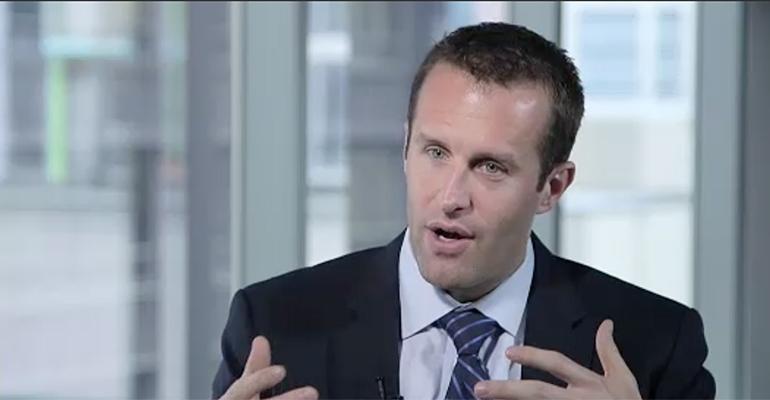Traditionally, the financial advisor industry measured its value based on portfolio performance. Even today, many clients still focus on how they did last quarter, judging their advisor on the short-term moves in the market.
But an advisor’s value goes beyond just picking good stocks and the right asset class exposure. The value of efficient financial planning is significant, and in the long-run, more beneficial to a client's personal returns, said David Blanchett, head of retirement research at Morningstar Investment Management.
Speaking at the CFA Institute’s annual conference in Philadelphia, Blanchett said his research shows that advisors can add 2 percent per year in asset-based fees by focusing not on juggling knives in the securities market, but by focusing on helping clients define and reach their financial goals, taking into account things like tax-efficiency, retirement planning and goals-based needs. "It’s a lot more certain than investment alpha,” he said.
Advisors should look at a client's entire "balance sheet" beyond finances, he said. That includes their human capital, or the present value of future income (making an investment in developing a skill to advance a career may be better for some clients than making an investment in the financial markets.) Housing wealth and pensions are other areas where advisors need to look to maximize a client's ability to meet long-term financial goals.
For example, say an investor has a portfolio of 45 percent stocks/55 percent bonds and wants to buy a single premium immediate annuity (SPIA). The advisor might say buy the SPIA and rebalance the portfolio back to the 45/55 split. However, that ignores the risk of the SPIA. Instead, Blanchett would recommend buying the SPIA from the bond portion of the portfolio and leaving the stock allocation the same.
For many advisors, annuities may be a dirty word, and Blanchett admitted that we all have different biases about the product. Still, they are a critical component of a financial plan, he said. It’s hard to hedge for longevity risk, but that’s where annuities can work. They are not vehicles to maximize wealth, but rather risk management tools. (The best annuity in the U.S. being, he argues, Social Security.)
Advisors can also add value through tax efficiencies, or by making sure the tax characteristics of a particular investment match the account it is put in (for instance, putting municipal bonds, already free of federal taxes, in tax-efficient accounts doesn't often make sense).
In the long run, helping clients keep their money in the markets may be the best way advisors can add alpha. Many perceive investors to be rational people, but the fund flow data shows retail investors are notoriously prone to buying at market highs and selling at market lows. “Investors make poor decisions when left to their own devices.” Sometimes the best thing an advisor can do is keep the client from doing anything at all.





